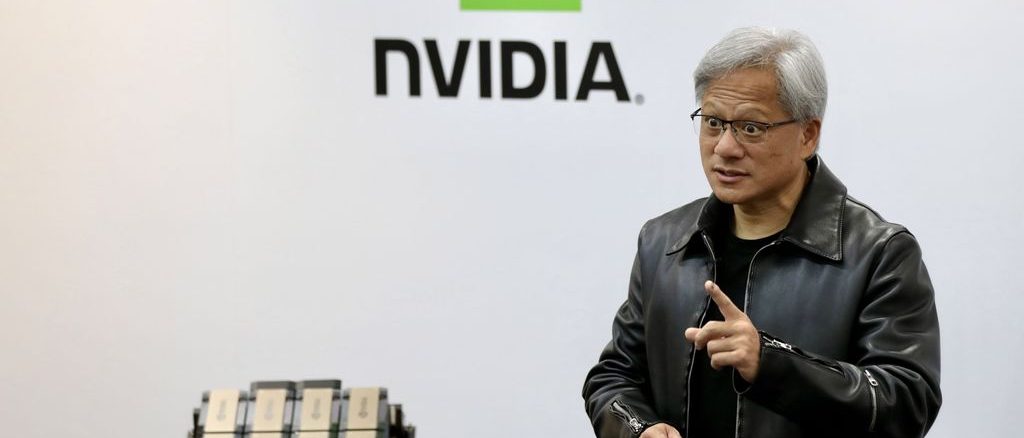
Introduction
China’s access to advanced chips for AI (artificial intelligence) is set to become even more difficult. The US has announced new restrictions that will effectively prevent American chip maker Nvidia from selling its fast chips, specifically adapted for the Chinese market. These restrictions are part of an ongoing conflict between the US and China over technological power, with the goal of preventing China from making military advancements with the help of these AI chips.
New Restrictions
Companies wishing to sell specific chips to the Chinese market must now notify the US government and await a decision on whether they will receive a sales license. These new rules will mostly affect advanced chips used in data centers, rather than those intended for telephones, laptops, and electric cars.
Impact on Chip Makers
These new measures will likely impact chip makers such as Intel and AMD, in addition to Nvidia. Both Intel and AMD saw their stock prices decline after the announcement. Last year, the US introduced trade restrictions that also affected Nvidia, prompting the company to create custom versions of its main AI chips with reduced computing power for the Chinese market. It is now being reported that these limited bandwidth chips will no longer be allowed to be sold.
Consequences for Nvidia
Nvidia, a leading AI chip supplier, has not yet responded to the new measures. The company’s stock market value has more than tripled in the past year, and it recently reported record turnover and profit. However, CEO Jensen Huang has previously warned about the potential damage caused by further restrictions. He emphasized the importance of the Chinese market for the tech sector and expressed concerns that Chinese companies may start producing their own chips if they cannot buy from Nvidia.
Impact on ASML
Dutch chip machine maker ASML does not anticipate major financial consequences from these new measures. While it expects a medium to long-term impact on the markets where it can sell its machines, ASML clarified that it will not affect its previously issued turnover expectations. The company currently has a large order backlog and is valued at 40 billion euros.
Conclusion
The US government’s decision to impose new restrictions on the sale of fast AI chips to China is another step in the escalating technological conflict between the two countries. While the measures aim to prevent China from making military advancements, they will have a significant impact on chip makers like Nvidia, Intel, and AMD. How China will respond to these restrictions and the long-term consequences for the global tech sector remain to be seen.

Be the first to comment